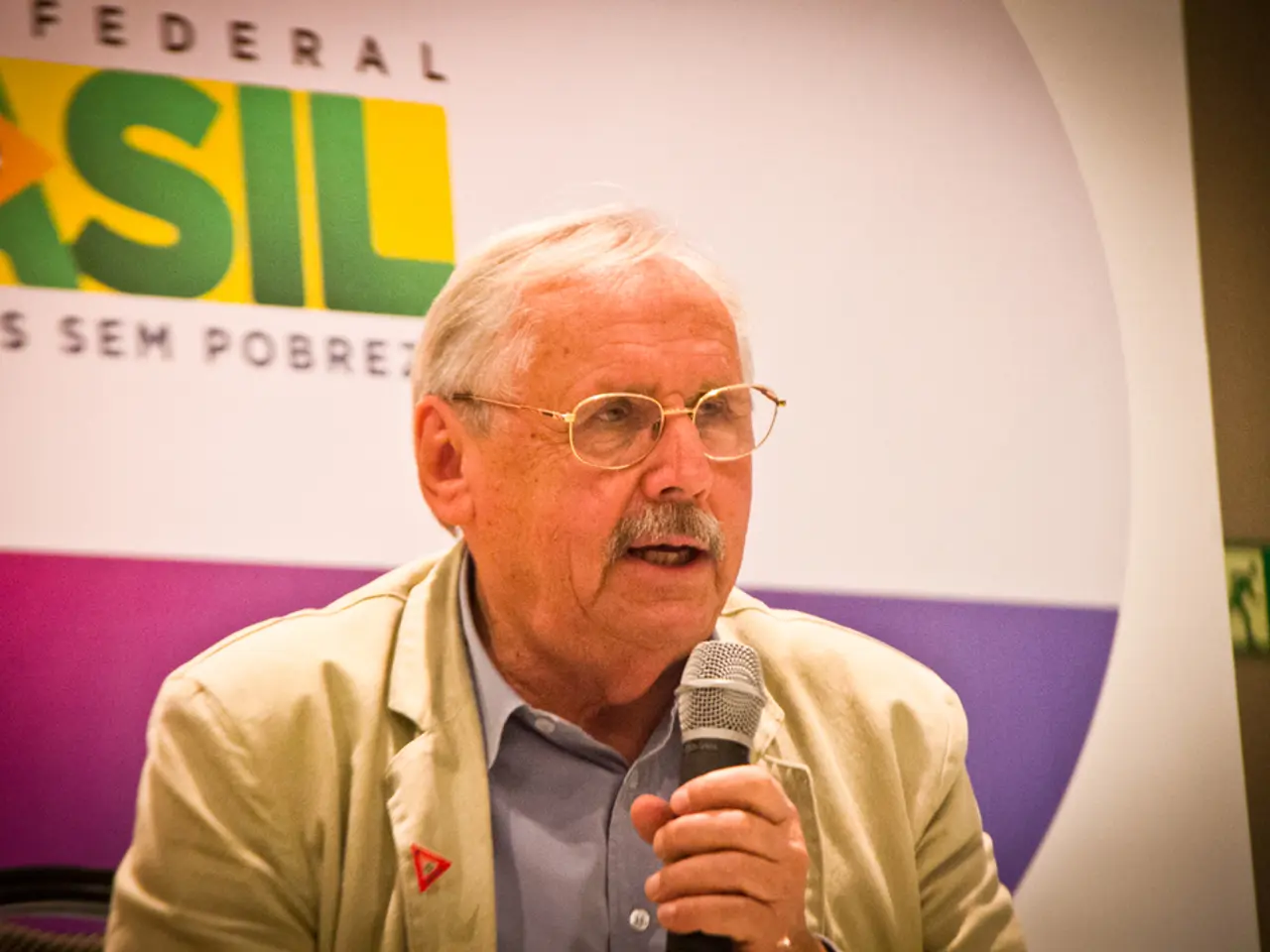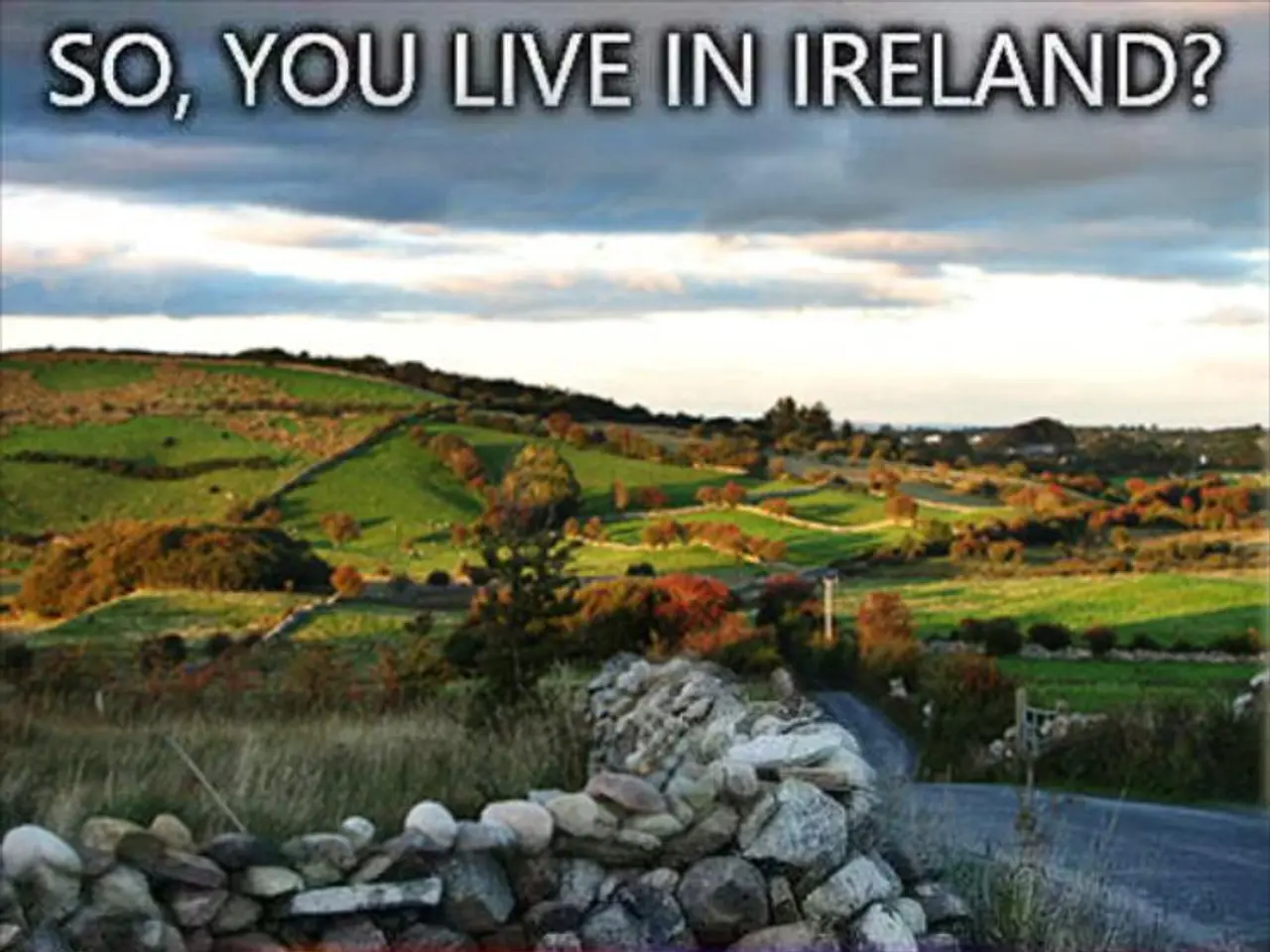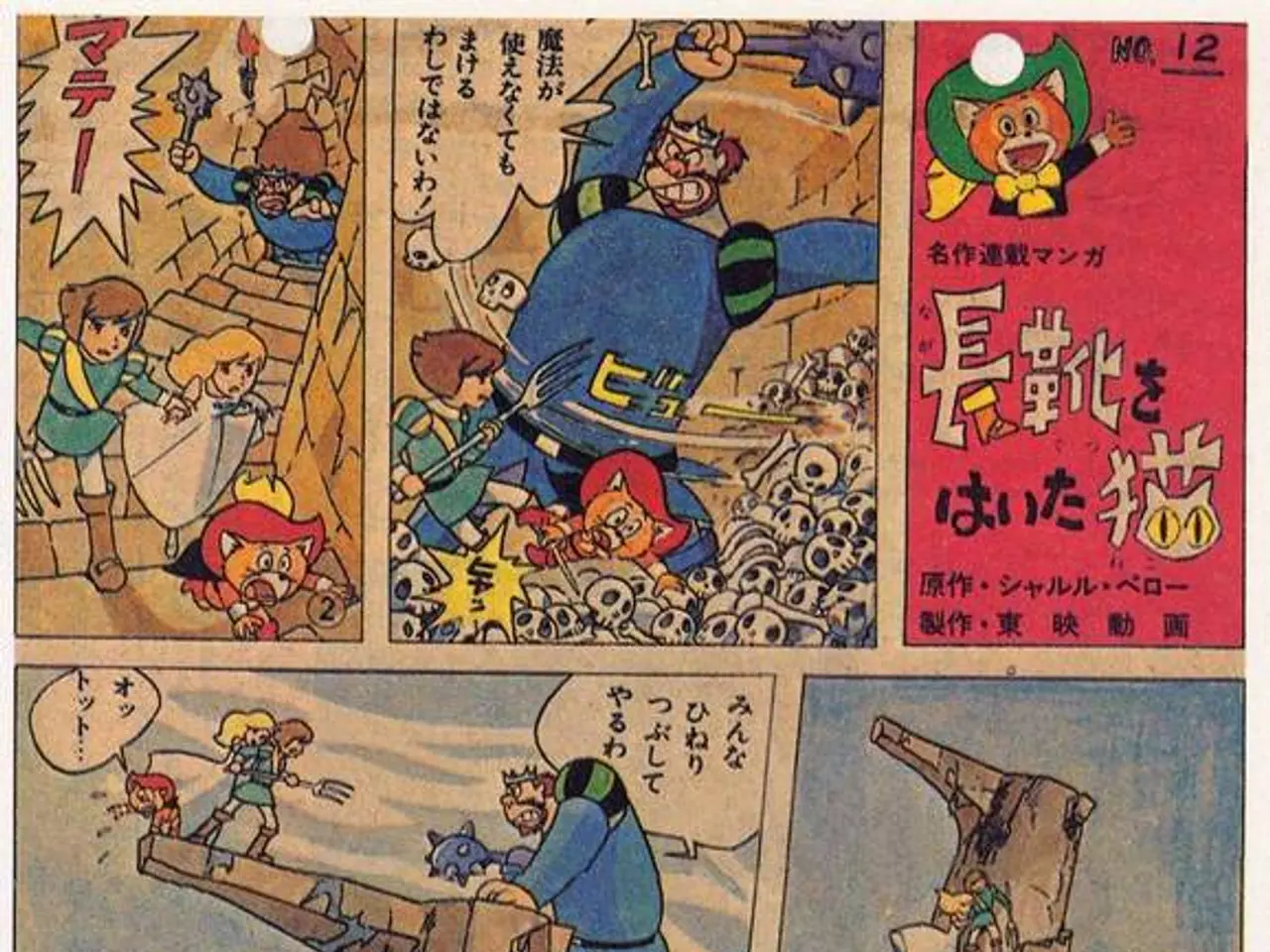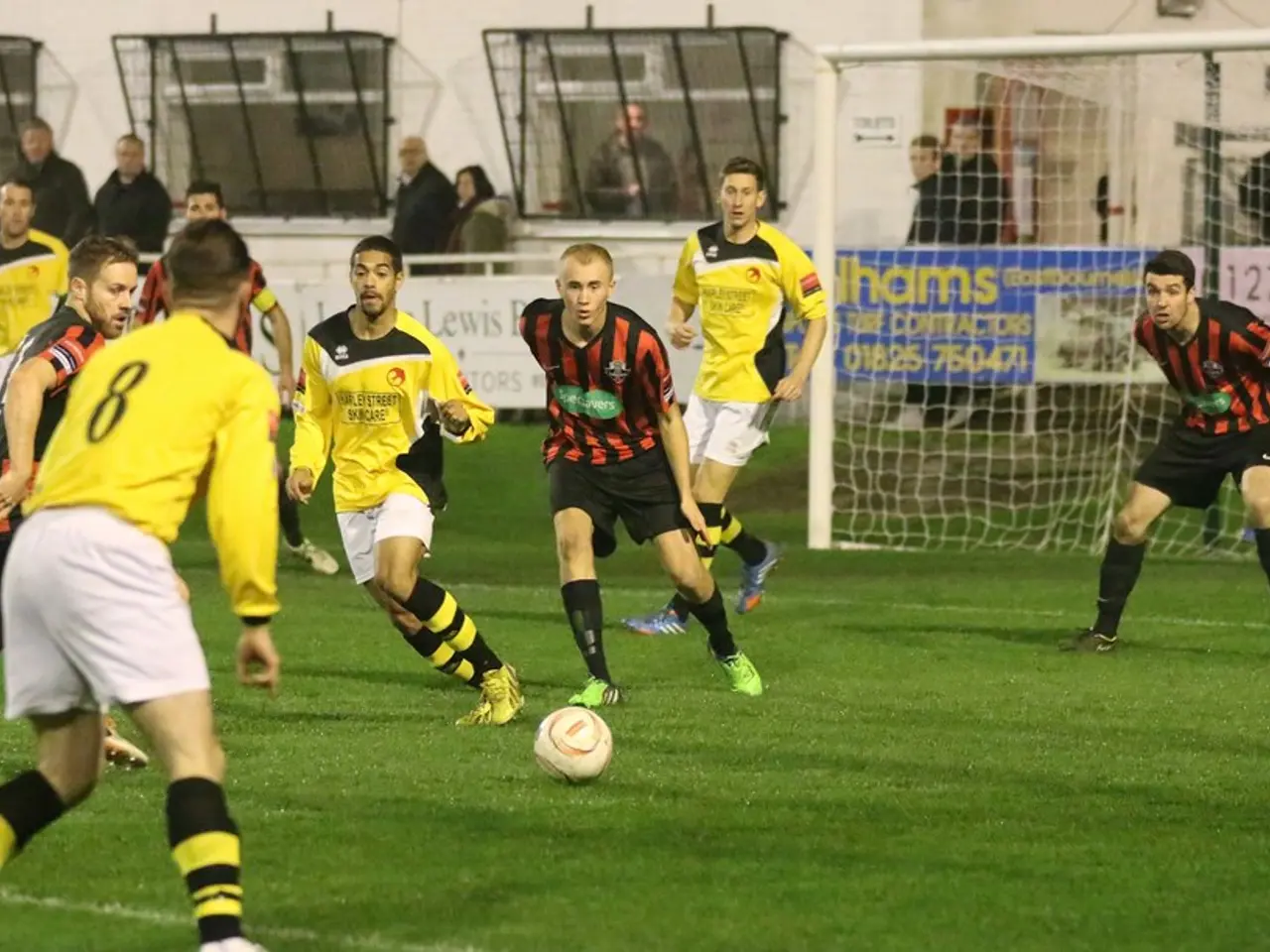Amidst the ongoing conflict, Israel's political left appears to be gradually gaining consciousness.
Rising Awareness and Activism in Israel Over Gaza Crisis
A wave of increased awareness and activism among the Israeli population is sweeping the nation, particularly concerning the ongoing humanitarian crisis in Gaza. The prolonged suffering caused by the blockade and military actions has become increasingly difficult to ignore, with reports of starvation and severe restrictions on aid being widely documented by international organizations and humanitarian workers.
One of the key factors driving this shift is the visible humanitarian impact on the people of Gaza. Reports from organizations such as Médecins Sans Frontières and the United Nations have highlighted a sharp rise in malnutrition rates among children, widespread hunger, and deaths related to the lack of food. This stark image of suffering has resonated with civilians inside Israel and internationally.
The prolonged conflict duration has also played a significant role. With the conflict stretching beyond 21 months and continuous military action, the Israeli public is growing increasingly fatigued and is beginning to question the government's policies.
Information accessibility has also been a crucial factor. The extensive use of television and social media has exposed both younger and older Israelis to continuous images and narratives around Palestinian suffering, fueling youth-led and broader activist movements.
International criticism and media coverage have further increased public scrutiny inside Israel. High-profile condemnations from figures like Bob Geldof and reports from human rights groups have criticized Israeli policies as deliberately using starvation as a weapon.
Internal political divisions are also contributing to the shift. Polls indicate declining support for government military action even within Israel’s traditional support base, reflecting increasing public debate about the ethical and strategic aspects of the blockade and warfare.
Perceived policy failures have heightened awareness and criticism among Israeli citizens concerned about human rights and international standing. Reports from independent investigations and humanitarian groups accuse Israel of impeding aid deliveries and violating international law.
Moral and legal pressure is another significant factor. Statements by the UN and human rights organizations framing hunger and blockade as potentially genocidal contribute to a moral reckoning within Israeli society, pressuring citizens and activists to engage more deeply with the situation.
In recent weeks, the failed expulsion procedure against Knesset member Ayman Odeh and the ongoing work on a law that restricts the political activities of Israeli NGOs that receive funds from foreign state-funded institutions have caused outrage in more liberal political circles.
The hunger of Palestinians in the Gaza Strip, caused and partly denied by Israel, is finally gaining attention from larger parts of the liberal civil society. Despite Prime Minister Benjamin Netanyahu's efforts to stifle the protest movement against his policy, the twelve-day war with Iran received support from many parts of the Jewish-Israeli society but caused unprecedented destruction in Israeli metropolitan regions.
This shift from initial solidarity to a more critical, divided public discourse reflects the growing awareness and activism among Israelis regarding Gaza's famine and related issues. The situation in Gaza is no longer a distant conflict but a humanitarian crisis that is increasingly impossible to ignore.
The escalating humanitarian crisis in Gaza, characterized by malnutrition, hunger, and death due to lack of food, has triggered a wave of increased awareness and activism among Israelis. This shift in public sentiment is spurred by the visible humanitarian impact, prolonged conflict duration, and improved information accessibility, with the international community’s criticism and media coverage further fueling debate. Meanwhile, internal political divisions, perceived policy failures, and moral and legal pressure are significant factors driving the growing awareness and activism among Israeli citizens.








